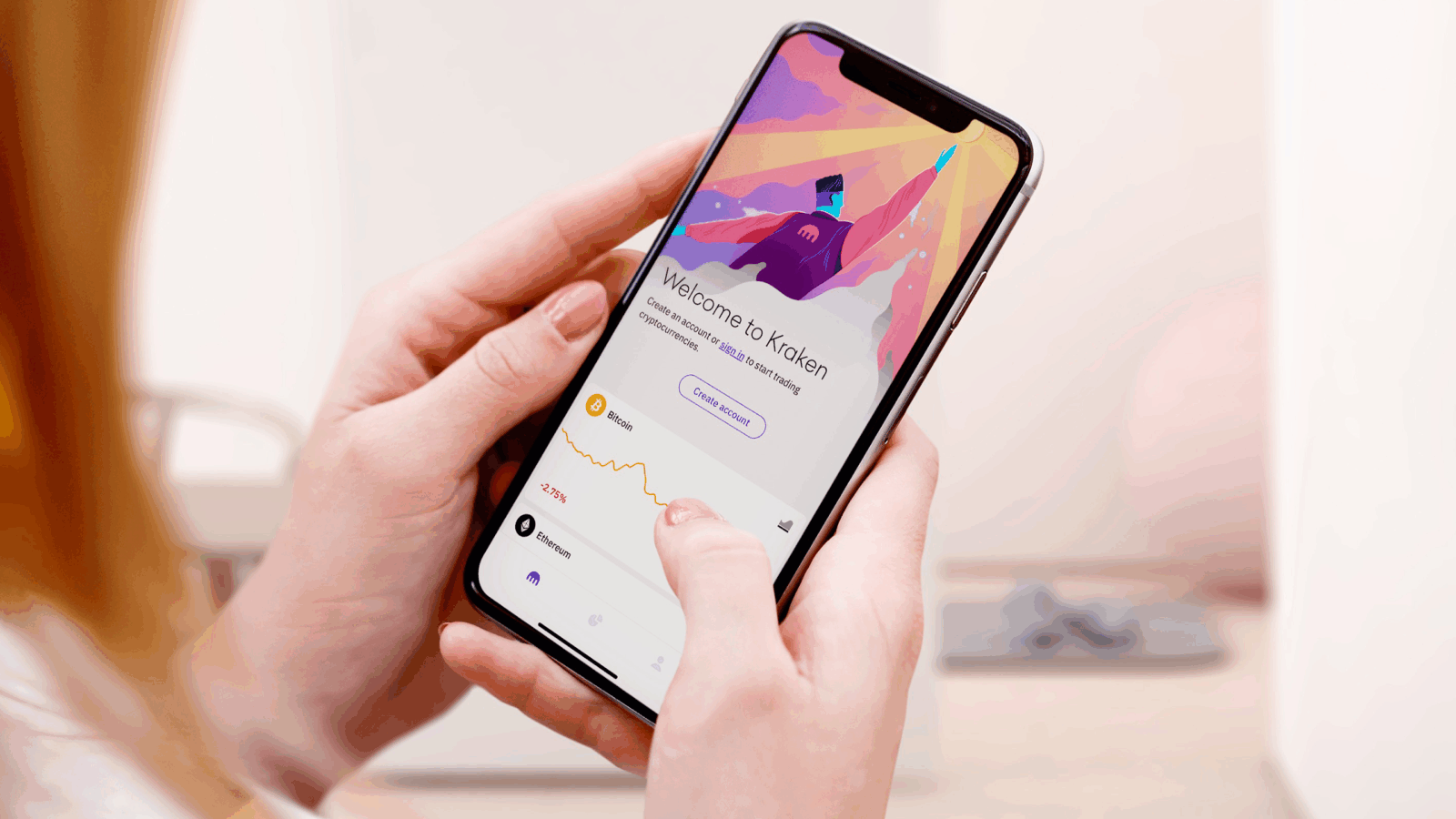Sign up for smart news, insights, and analysis on the biggest financial stories of the day.
Apple agreed yesterday to reduce its App Store commission from 30% to 15% for businesses generating less than $1 million on its platform.
Apple naysayers say it was a decidedly greedy move.
App Store-y
Apple’s 30% commission was first introduced in 2008 and was long-considered table stakes for access to Apple’s 1+ billion connected devices.
But this year, momentum has been building against the tech giant. In August, Epic Games introduced a new way for its users to make in-game purchases that would circumnavigate Apple and Google’s 30% rake. Apple and Google promptly removed Epic from their respective app stores, adding flames to the abuse of power narrative.
Analysts say yesterday’s announcement was conciliatory. Tim Cook said, “We’re launching this program to help small business owners write the next chapter of creativity and prosperity on the App Store.”
But not everyone was so enthusiastic. A few quotes tell the story best:
- Epic Games CEO Tim Sweeney said, “By giving special 15% terms to select robber barons like Amazon, and now also to small indies, Apple is hoping to remove enough critics that they can get away with their blockade on competition.”
- Andy Yen, the founder and CEO of Proton email said, “It is ironic that Apple, a $2 trillion company, considers that any company making more than $1 million is making way too much money and needs to pay higher fees.”
What’s At Stake?
A lot.
According to CNBC, Apple’s App Store generated roughly $50 billion in revenue last year – which alone would make it one of the largest companies in the world.
Apple has defended its fees by claiming that 85% of economic activity on the app goes to third parties and by saying the commissions are consistent with other app stores, such as Google’s.
Still, risks are mounting. In its annual report published in October, Apple cautioned investors that a reduction of the commission could cause its financial condition to be “materially adversely affected,” the first time it had given that warning.
The Takeaway
Google made the opposite of a conciliatory gesture yesterday, announcing a deeper push into personal finance with the launch of a checking account product. Add it to regulators’ to-do list.











